BANGKOK, Dec 30: Anti-government protesters abandoned their siege of Thailand’s Foreign Ministry building on Tuesday, easing a standoff that threatened to reignite a long-running political crisis.
Prime Minister Abhisit Vejjajiva and his Cabinet then left the building, where he had earlier given a key policy address in which he vowed to jump-start Thailand’s economy, heal its political divisions and repair its tattered image.
“The government has come into office at a time of conflict. This conflict has become the weakness of the country,” he told lawmakers that included only his coalition members. Opposition members boycotted the session.
“Meanwhile, the global economic crisis has turned the situation from bad to worse,” he continued. “Our government’s priorities are reviving the ailing economy and solving the conflicts between groups in Thai society.”
The protesters calling themselves the Democratic Alliance against Dictatorship have vowed to ring the Parliament building until their demands for new general elections are met, forced the government to abandon plans on Monday to deliver its policy speech. The government said it would try to peacefully end the blockade.
The standoff comes less than a month after the last government was forced from office following six months of demonstrations that culminated in the eight-day seizure of Bangkok’s two main airports. The earlier protesters had been part of an alliance opposed to ousted Prime Minister Thaksin Shinawatra.
The latest demonstration was peaceful except for some brief scuffles between protesters and police on Tuesday. But analysts say the continuing upheavals will further batter Thailand’s virtually moribund tourist industry and other economic sectors.
“We will keep negotiating and mediating,” Abhisit said of efforts to end the latest political crisis.
The third prime minister in four months, Abhisit was formally named prime minister Dec 17 in what many hoped would be the end of months of turbulent, sometimes violent, protests. However, his party — which had been in opposition since 2001 — heads a coalition that some analysts doubt is strong enough to last until the next general election in 2011.
“There’s no confidence among tourists who want to visit Thailand,” said Prakit Chinamourphong, president of the Thai Hotel Association. “I just want to see a peaceful country without demonstrations so that the tourists will come back to Thailand again.”
The Democratic Alliance against Dictatorship — also known as the “red shirts” because of their attire is an eclectic mix of Thaksin loyalists, farmers from the countryside as well as labourers from the cities including the capital Bangkok.
Thaksin, once one of the country’s richest men, was ousted in a 2006 coup and remains in self-imposed exile.—AP


















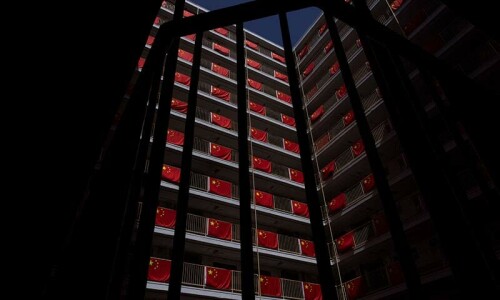

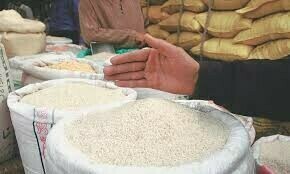

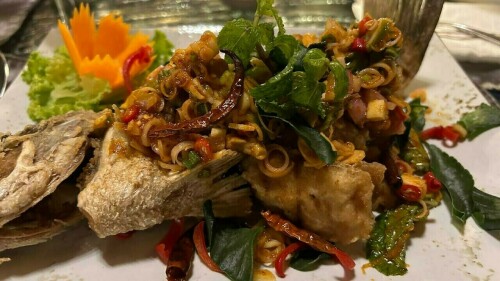










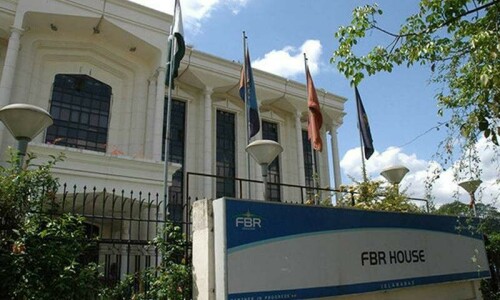



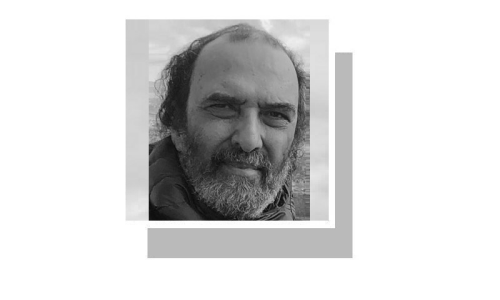
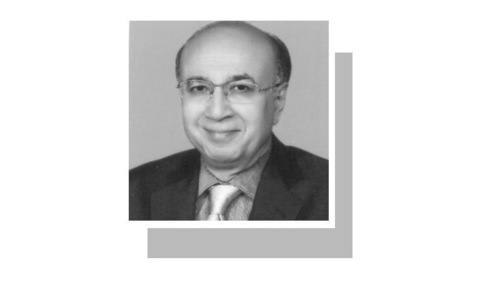
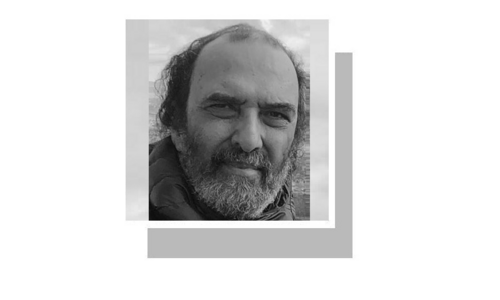

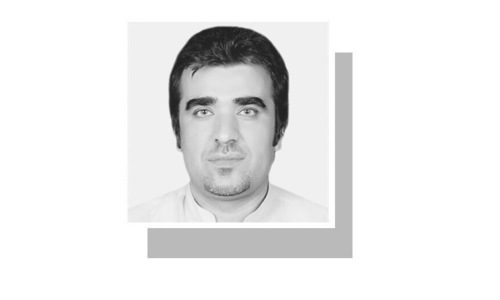




Dear visitor, the comments section is undergoing an overhaul and will return soon.